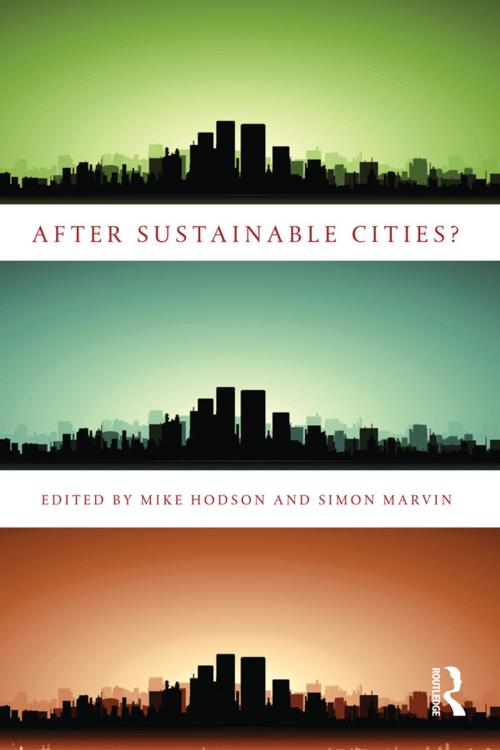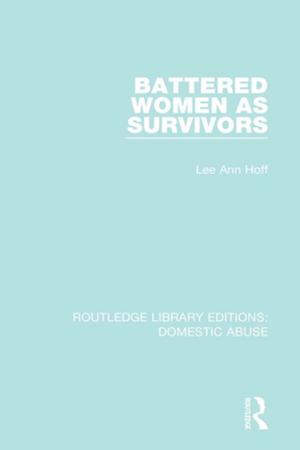After Sustainable Cities?
Nonfiction, Art & Architecture, Architecture, Planning, Science & Nature, Science, Earth Sciences, Geography| Author: | ISBN: | 9781135114176 | |
| Publisher: | Taylor and Francis | Publication: | April 24, 2014 |
| Imprint: | Routledge | Language: | English |
| Author: | |
| ISBN: | 9781135114176 |
| Publisher: | Taylor and Francis |
| Publication: | April 24, 2014 |
| Imprint: | Routledge |
| Language: | English |
A sustainable city has been defined in many ways. Yet, the most common understanding is a vision of the city that is able to meet the needs of the present without compromising the ability of future generations to meet their own needs. Central to this vision are two ideas: cities should meet social needs, especially of the poor, and not exceed the ability of the global environment to meet needs.
After Sustainable Cities critically reviews what has happened to these priorities and asks whether these social commitments have been abandoned in a period of austerity governance and climate change and replaced by a darker and unfair city. This book provides the first comprehensive and comparative analysis of the new eco-logics reshaping conventional sustainable cities discourse and environmental priorities of cities in both the global north and south. The dominant discourse on sustainable cities, with a commitment to intergenerational equity, social justice and global responsibility, has come under increasing pressure. Under conditions of global ecological change, international financial and economic crisis and austerity governance new eco-logics are entering the urban sustainability lexicon – climate change, green growth, smart growth, resilience and vulnerability, ecological security. This book explores how these new eco-logics reshape our understanding of equity, justice and global responsibility, and how these more technologically and economically driven themes resonate and dissonate with conventional sustainable cities discourse. This book provides a warning that a more technologically driven and narrowly constructed economic agenda is driving ecological policy and weakening previous commitment to social justice and equity.
After Sustainable Cities brings together leading researchers to provide a critical examination of these new logics and identity what sort of city is now emerging, as well as consider the longer-term implication on sustainable cities research and policy.
A sustainable city has been defined in many ways. Yet, the most common understanding is a vision of the city that is able to meet the needs of the present without compromising the ability of future generations to meet their own needs. Central to this vision are two ideas: cities should meet social needs, especially of the poor, and not exceed the ability of the global environment to meet needs.
After Sustainable Cities critically reviews what has happened to these priorities and asks whether these social commitments have been abandoned in a period of austerity governance and climate change and replaced by a darker and unfair city. This book provides the first comprehensive and comparative analysis of the new eco-logics reshaping conventional sustainable cities discourse and environmental priorities of cities in both the global north and south. The dominant discourse on sustainable cities, with a commitment to intergenerational equity, social justice and global responsibility, has come under increasing pressure. Under conditions of global ecological change, international financial and economic crisis and austerity governance new eco-logics are entering the urban sustainability lexicon – climate change, green growth, smart growth, resilience and vulnerability, ecological security. This book explores how these new eco-logics reshape our understanding of equity, justice and global responsibility, and how these more technologically and economically driven themes resonate and dissonate with conventional sustainable cities discourse. This book provides a warning that a more technologically driven and narrowly constructed economic agenda is driving ecological policy and weakening previous commitment to social justice and equity.
After Sustainable Cities brings together leading researchers to provide a critical examination of these new logics and identity what sort of city is now emerging, as well as consider the longer-term implication on sustainable cities research and policy.















